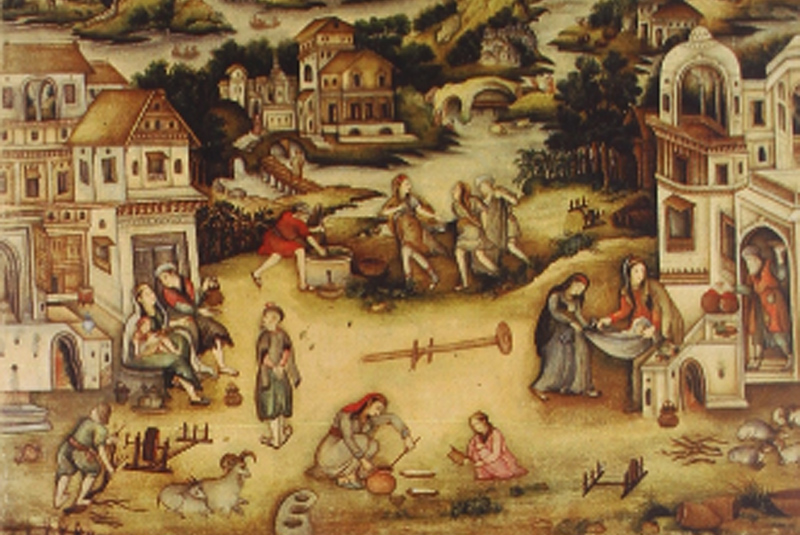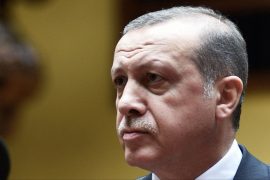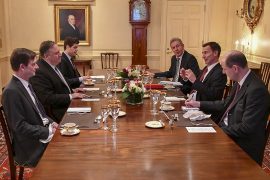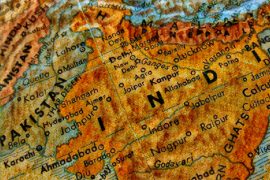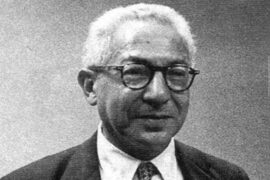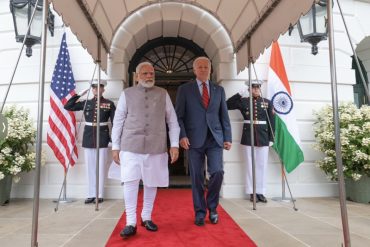Besides human life, nuance is among the many casualties of polarisation. The abrogation of Article 370, which gave the state of Jammu and Kashmir its special status, is no exception. This stealthy, yearlong process commenced with the sacking of the PDP, the ruling party’s coalition partner in Kashmir, to prolong the Governor’s rule.
The build-up to the announcement in Parliament entailed the deployment of troops, evacuating non-locals (tourists, Amarnath yatris, and workers from mainland India), the imposition of Section 144, and the suspension of all communication channels within the state.
In scrapping Article 35A, the government claimed that the constitutional provision as a ‘perpetual hindrance’ to the development and security of the state. Article 35A, linked to Article 370’s internal autonomy – an important condition for the accession of the erstwhile princely state – entitled only ‘hereditary state subjects’ the right to the state’s public sector employment and the immovable property.
In newsrooms and social media networks, conversations about the state subject rule have been rife with communal overtones, especially concerning the tragic exodus of the Kashmir valley’s Hindu minority. That the Hindus, Muslims, and Buddhists across the state deemed Article 35A as the safeguard of the state’s Muslim identity, made things more controversial.
-30-
Copyright©Madras Courier, All Rights Reserved. You may share using our article tools. Please don't cut articles from madrascourier.com and redistribute by email, post to the web, mobile phone or social media.Please send in your feed back and comments to [email protected]

